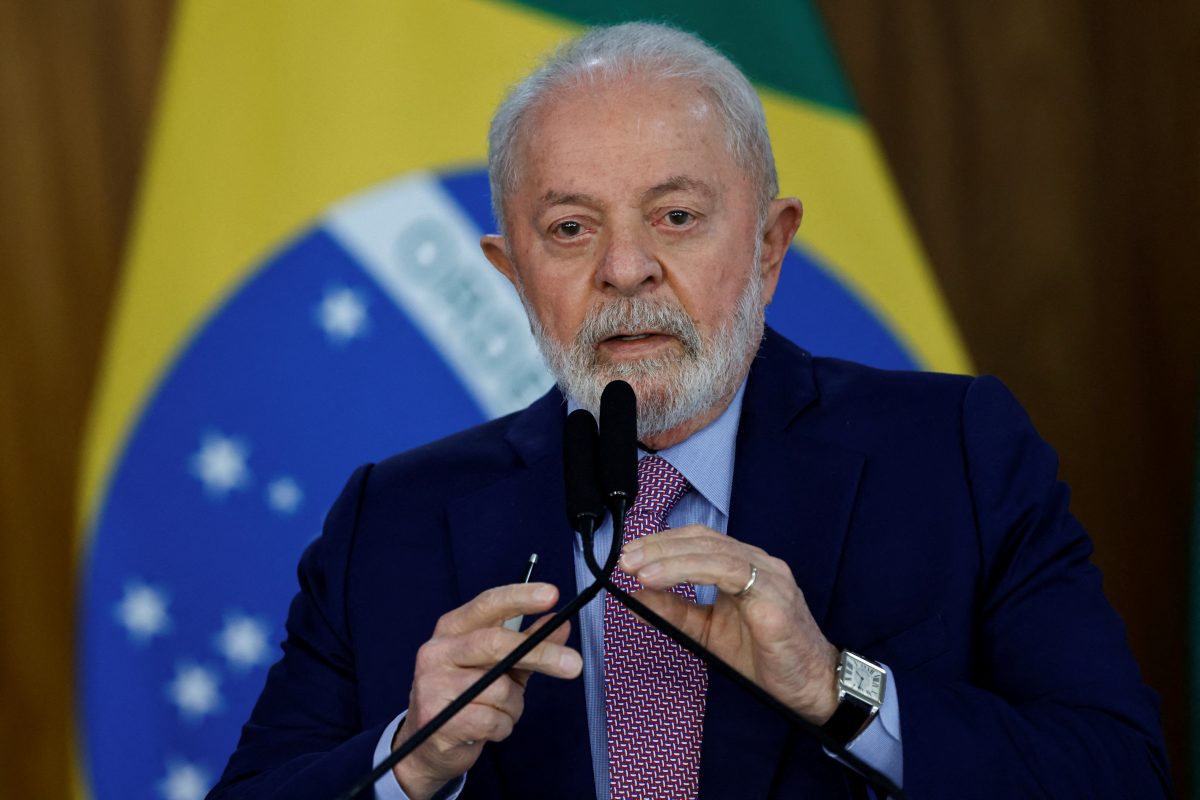BRASILIA, (Reuters) – Brazilian President Luiz Inacio Lula da Silva yesterday temporarily militarized security at some of the country’s most important ports and airports, as he seeks to tame rising crime after several deadly incidents in Rio de Janeiro state.
Lula said soldiers will work with federal police officers to manage security operations at Latin America’s largest port and airport: the port of Santos, in Sao Paulo, and its main airport Guarulhos. Soldiers will also be deployed to the port of Itaguai in Rio de Janeiro state and Rio’s Galeao airport.
Those ports and airports are key logistical hubs for booming cocaine exports to Europe, while also receiving contraband like high-caliber weapons that contribute to street violence.
Lula added that the army and air force will strengthen the border with neighboring nations from where cocaine and weapons flow into Brazil, with a particular focus on the western states of Parana, Mato Grosso and Mato Grosso do Sul.
The temporary measure, which will end in May 2024, comes amid a series of violent flare-ups across Brazil. The situation has got particularly bad in Rio de Janeiro, where powerful drug lords, violent vigilante mafias known as “militias” and deadly cops have contributed to a highly complex security dynamic that is feeding a perception Lula is soft on crime.
“The situation in Rio de Janeiro has reached a very serious point,” Lula said at a ceremony after signing the decree. “We took the decision for the federal government to participate actively in combating organized crime. Hopefully it works.”
Last month, three doctors who were having a late-night beer in an affluent stretch of beach in Rio were brutally murdered, allegedly after being confused for rival gangsters from a militia. Then, last week, militias set fire to dozens of Rio buses after police killed one of their bosses in an operation.
The government’s focus on ports, airports, and Brazil’s western frontier underlines the scale of cocaine that continues to flow into Brazil after years of bumper Andean coca harvests.
Brazil has become a key launchpad for moving cocaine to Europe, strengthening local criminal gangs and contributing to a deteriorating security situation which is being felt across South America, such as in gang-scarred Ecuador.
Lula’s decision to deploy the military reflects an about-turn by the leftist, who in an interview on Friday said he would not sign such a decree, saying he didn’t want soldiers “in the favelas, exchanging gunfire with gangsters.”
Under his far-right predecessor, former President Jair Bolsonaro, the number of murders in Brazil plummeted from record highs. But polls suggest Brazilians take a dimmer view of Lula’s ability to keep a lid on violence.
A poll last month showed that 32% of Brazilians expect the security situation to deteriorate during Lula’s term, up six percentage points from a previous survey in May.

